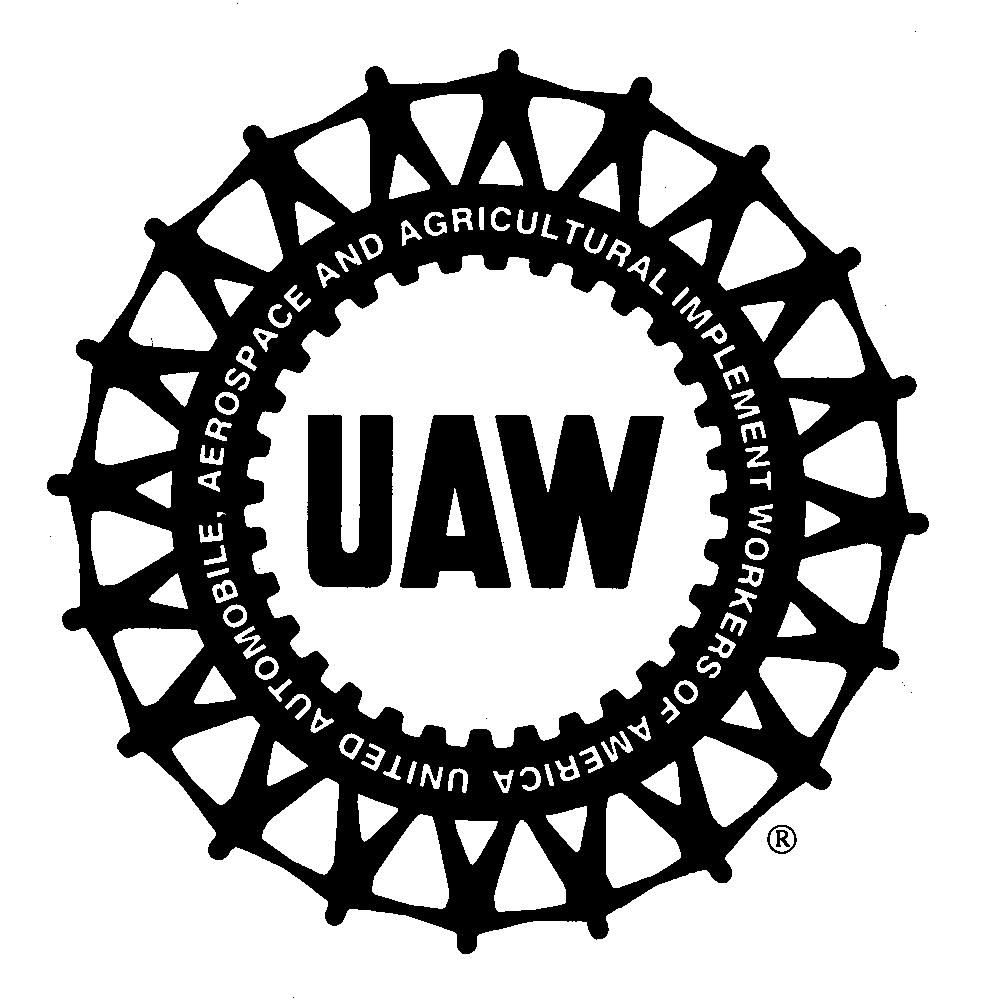According to sources cited by the Detroit Free Press, the United Auto Workers and the Ford Motor Company are expected to close a deal on a new labor contract by the week-end. An late night bargaining session was held yesterday, but there have been discussions between Ford management and the union for months, and both Ford and UAW leadership have said they expect the contract to follow the lines of those already signed at GM and Chrysler. No strike deadline has been set by the UAW.
Whether the contract will face the same opposition that the Chrysler contract faced, however, is another question. Ford workers are likely to be fully as interested in job security as the workers at Ford, perhaps even more so. Ford has adopted an official reorganization plan called “The “Way Forward” which calls for closing 16 plants and eliminating 44,000 jobs, all by 2009. Workers are concerned about job security, in light of that plan. On the other hand, Ford is dedicated to that plan: it reported a $12 billion loss last year and is expected to report another loss this year, though not as large.
The Way Forward plan notwithstanding, there have been recent rumors that Ford wants to close more than sixteen facilities. This has added to both labor tensions and doubts about job security, as Ford has not yet identified more than ten of the plants targeted for closure. Ford has also indicated the intent to drop some models, and future product plans do not appear to be particularly clear. Lastly, Ford is though to be in very tenuous financial condition. Though the current president, Alan Mulally, arranged a massive line of credit which Ford has yet to draw upon, funding a voluntary employee benefit association (VEBA) plan for retired workers will cost Ford a large chunk of up-front money.
Over all of this, the Ford family is watching. It has recently been reported that there is a faction in the family that is in favor of selling out. Bill Ford, Jr., the current chairman of the board of Ford, reportedly opposed hiring an expert to assist the family in valuing its interest in the company and the practicality of selling it. The germ of the idea, however, has clearly been planted at the company, and the buy-out of Chrysler by Cerberus may have given some family members an idea that something similar could be done with their holdings.

